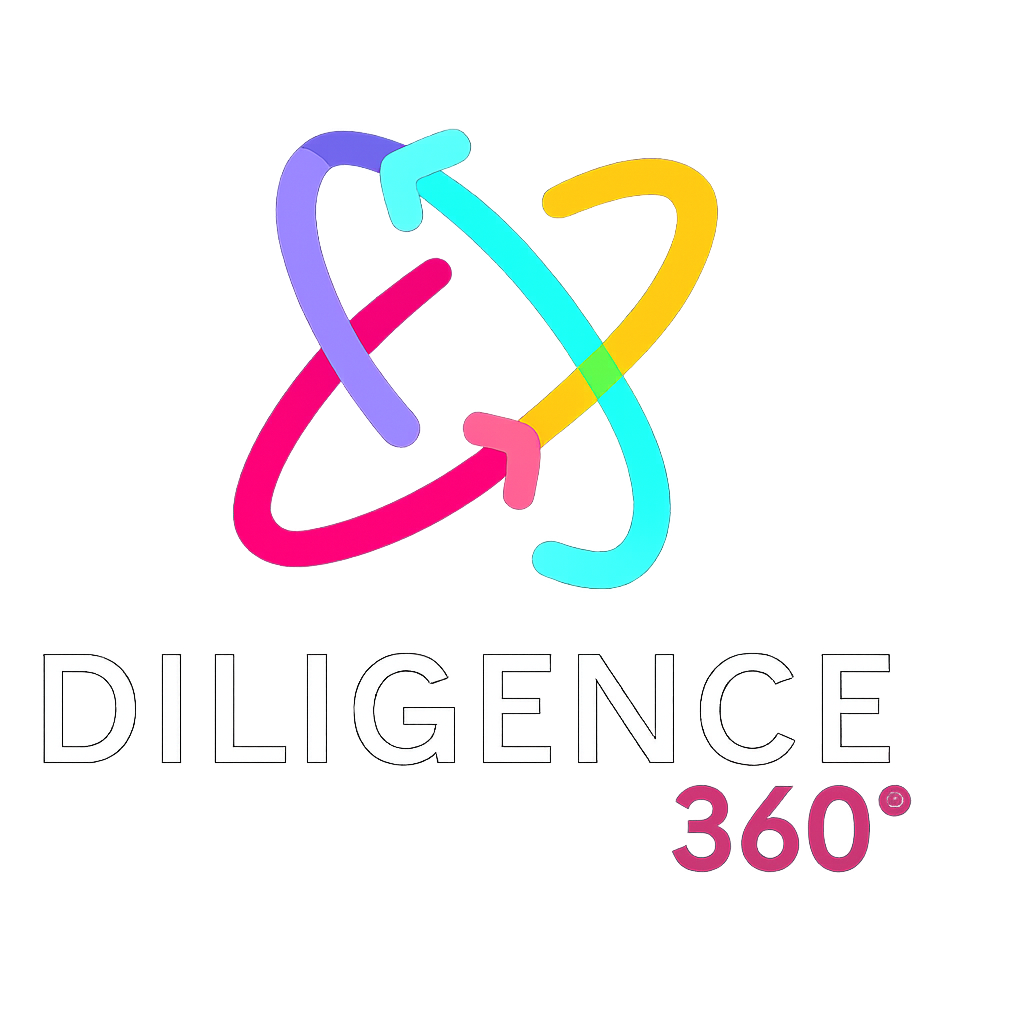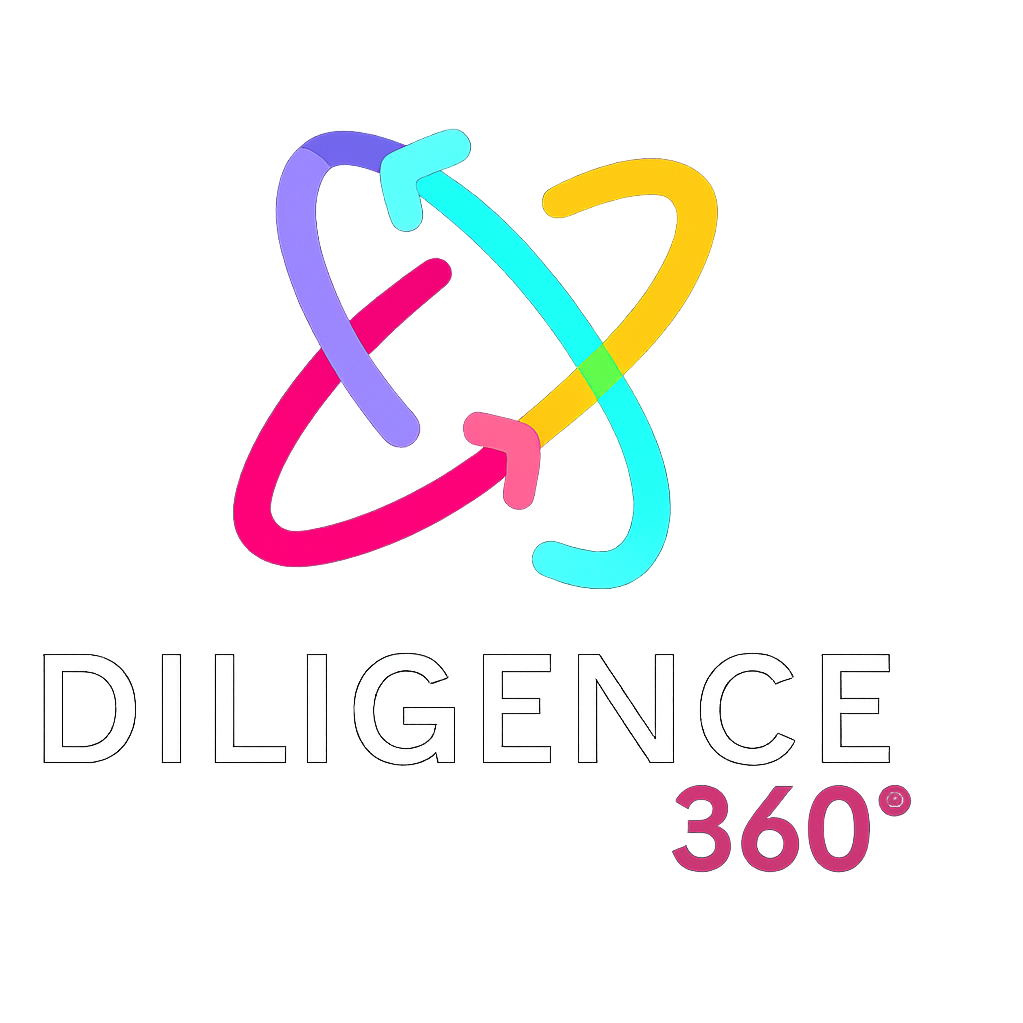Training
/
ISO 26000:2010 – Social Responsibility
ISO 26000:2010 – Social Responsibility
What Is ISO/IEC 27002?
In today’s socially conscious world, organizations are expected to operate ethically and contribute positively to society. ISO 26000:2010 is the international standard for social responsibility, providing guidelines to help organizations integrate ethical, transparent, and sustainable practices into their operations. Whether you’re a corporation, public sector entity, or non-profit, ISO 26000 ensures your organization operates with integrity and contributes to sustainable development.
What is ISO 26000:2010?
ISO 26000:2010 is a globally recognized standard that provides guidance on social responsibility. It emphasizes the importance of considering the social, environmental, and economic impacts of organizational activities.
Key features of ISO 26000:2010 include:
- Ethical Behavior: Promote integrity, transparency, and accountability in all operations.
- Stakeholder Engagement: Involve stakeholders in decision-making processes to address their concerns and expectations.
- Human Rights: Respect and support human rights in your operations and supply chain.
- Environmental Sustainability: Minimize your environmental impact and promote sustainable practices.
- Community Development: Contribute to the well-being and development of communities where you operate.
By adopting ISO 26000, organizations can enhance their reputation, build trust with stakeholders, and contribute to sustainable development.
For more information about this service or to get a tailored quote for your organisation, please enquire below and one of our experts will be in touch shortly.
You may also interested in
Key Benefits of ISO 26000:2010
Implementing ISO 26000:2010 offers significant advantages for organizations looking to improve their social responsibility practices:
1. Reputation Enhancement
Build trust with customers, investors, and regulators by demonstrating ethical practices and social responsibility.
2. Stakeholder Engagement
Improve relationships with stakeholders by addressing their concerns and involving them in decision-making processes.
3. Sustainability
Contribute to social and environmental goals, aligning with global initiatives like the United Nations Sustainable Development Goals (SDGs).
4. Risk Reduction
Minimize risks associated with unethical practices or non-compliance with social responsibility expectations.
5. Competitive Advantage
Demonstrate your commitment to social responsibility, gaining a competitive edge in your industry.

